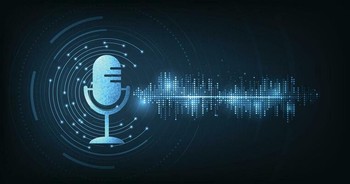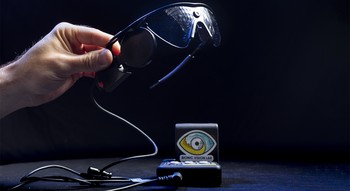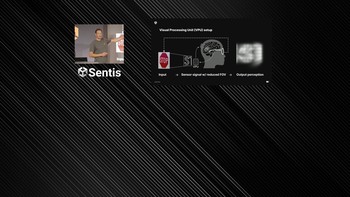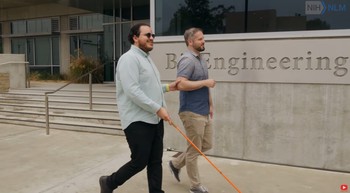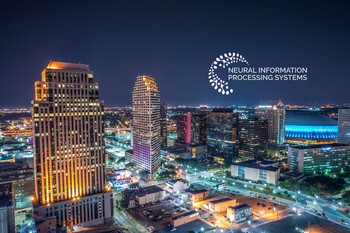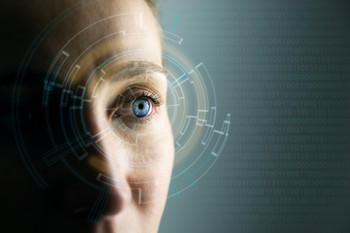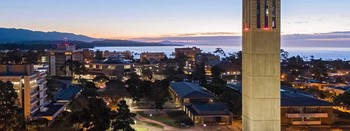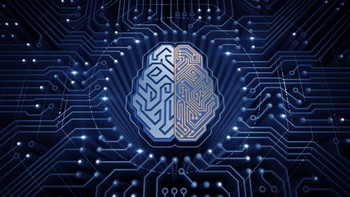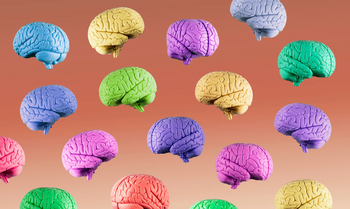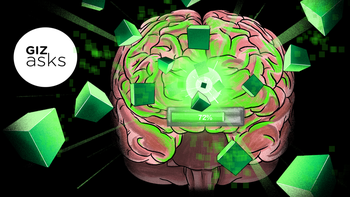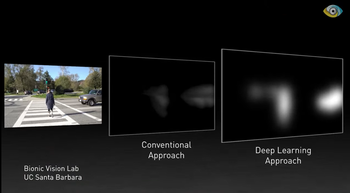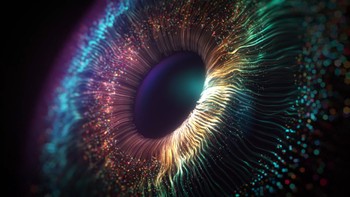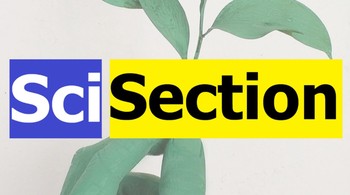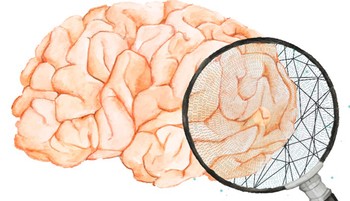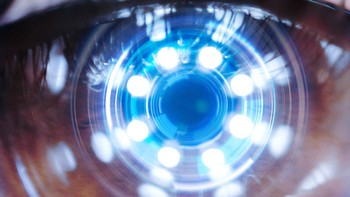In a recent episode of WYPL-FM’s Eye on Vision, PhD student Lily Turkstra discussed the findings of her recent Scientific Reports paper, which draws on 16 interviews to reveal how blind and low-vision individuals adapt instrumental daily tasks at home.
In the News
Michael Beyeler receives Harold J. Plous Memorial Award 2024-25
The Harold J. Plous award recognizes an assistant professor within the College of Letters & Science who has demonstrated outstanding performance or promise as measured by creative action or contribution to the intellectual life of the college community.
BionicVisionXR featured at Unite 2024
Unity Sentis highlights our real-time VR simulation of bionic eye technology, showcasing AI-driven models for visual stimulus encoding.
Towards a Smart Bionic Eye
The National Library of Medicine at the National Institutes of Health (NIH) sent a film crew to UCSB to document the work we do as part of our NIH DP2 New Innovator Award.
3 papers accepted at NeurIPS '23
Our latest work yields state-of-the-art predictions of primary visual cortex (V1) activity in mouse and monkey, plus a new way to optimize stimulation protocols for visual prostheses.
Towards a <i>Smart Bionic Eye</i>
Prof. Beyeler receives $1.5 million NIH Director’s New Innovator award to enable a Smart Bionic Eye
Greedy optimization of electrode arrangement for epiretinal prostheses
The work of Ashley Bruce, CS’s Outstanding MS Student of the Year awardee, was highlighted in MICCAI Daily magazine.
Ashley Bruce, Michael Beyeler
Bionic Vision Lab Member Awards 2022
With the academic year coming to a close, the work of multiple Bionic Vision Lab members was recognized by UCSB campus-wide as well as national awards.
A neural autoencoder to enhance sensory neuroprostheses
What is the required stimulus to produce a desired percept? Our latest work on deep learning-based stimulus optimization was featured in a news article by TechXplore.
Jacob Granley, Lucas Relic, Michael Beyeler
Are we witnessing the dawn of post-theory science?
Prof. Beyeler was mentioned in a recent article by The Guardian.
Will it ever be possible to upload information to my brain?
Prof. Beyeler was featured in a Giz Asks article about the prospect of using brain-machine interfaces to directly write in information to the brain.
Bionic Vision Lab featured in NVIDIA's I AM AI trailer
Our recent research was featured in NVIDIA’s I AM AI trailer, premiered at NVIDIA GTC 2021
Nicole Han, Sudhanshu Srivastava, xu_aiwen, Devi Klein, Michael Beyeler
PCMag: Building the bionic eye... with car tech?
Instead of focusing on one day restoring ‘natural’ vision, we may be better off thinking about how to create ‘practical’ and ‘useful’ artificial vision now.
SciSection: Interview with Michael Beyeler
Prof. Beyeler talks about how bionic vision, as sci-fi as it sounds, is already helping to restore vision to the blind.
UCSB Convergence: Reverse engineering the brain
In UCSB’s College of Engineering, the phrase ‘reverse engineering the brain’ tends to relate to emerging technologies in neural networks and new machine-learning models that function more like the human brain.
PCMag: Restoring vision with bionic eyes - no longer science fiction
Michael Beyeler recently sat down with PCMag to talk about bionic vision and his move to UC Santa Barbara.
